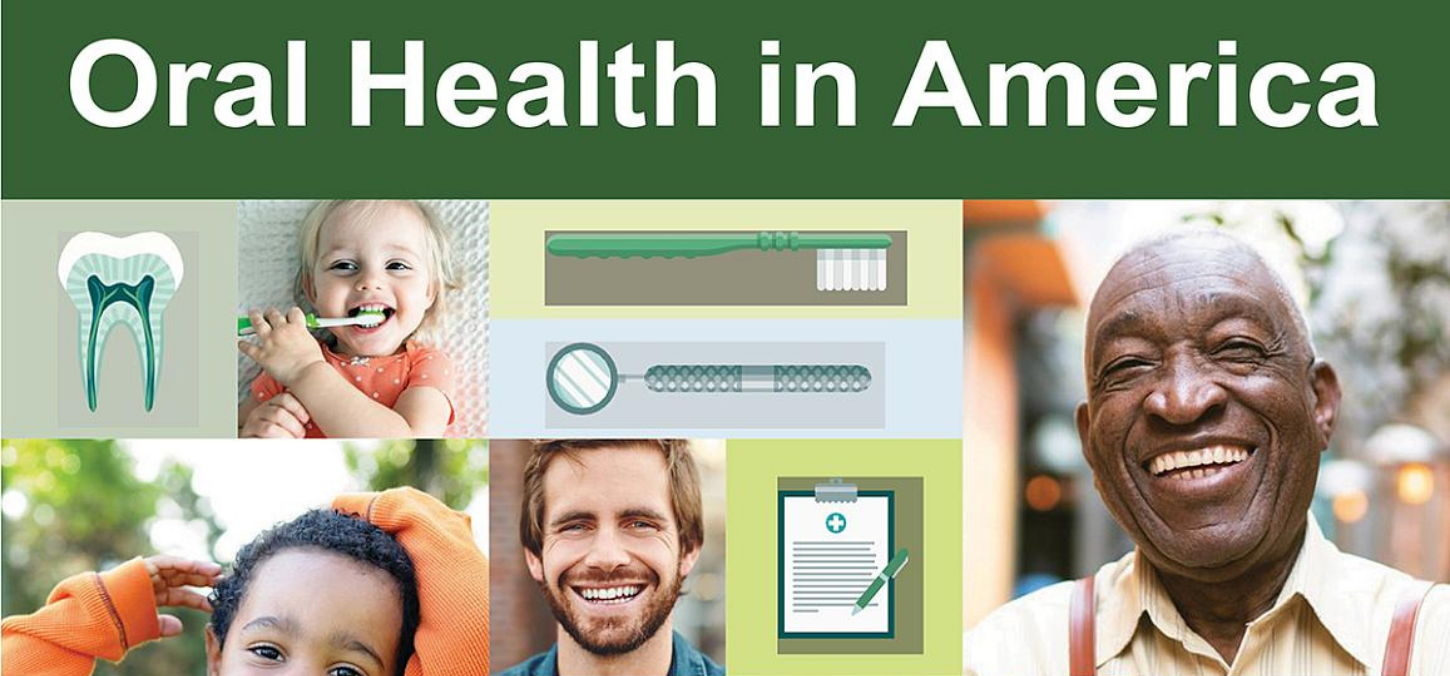
Report: 20 years of oral health in America
By Rachel Boutet
A new report by the National Institutes of Health (NIH) shows that many people in the U.S. still have chronic oral health problems and lack of access to care, despite important advances in the understanding and treatment of oral diseases and conditions.
The report, entitled Oral Health in America: Advances and Challenges, is a follow-up to the 2000 Oral Health in America: A Report of the Surgeon General. The new report was developed from existing research and evidence-based practices and involved more than 400 experts. Professor Carlos Quiñonez 0T9 PhD, graduate program director of Dental Public Health for the Faculty, was an associate editor for the section of the report titled, Effect of Oral Health on the Community, Overall Well-Being, and the Economy.
“It was a privilege to be invited to be a part of this report,” says Quiñonez. “It addresses what continues to be a major public policy issue in the U.S., in Canada and internationally. We need to continue the discussions on the importance of oral health and access to dental care across the world, including here in Canada.”
The new report had a lot of similar findings to the 2000 report, including who is burdened by poor access to dental care and poor oral health. Major takeaways cited from the report include:
- Healthy behaviours can improve and maintain an individual’s oral health, but these behaviours are shaped by social and economic conditions, requiring interventions at that level.
- Oral and medical conditions often share common risk factors, and just as medical conditions and their treatments can influence oral health, so can oral conditions and their treatments affect other health issues.
- Group disparities around oral health, identified 20 years ago, have not been adequately addressed, and greater efforts are needed to tackle both the social and commercial determinants that create these inequities and the systemic biases that perpetuate them.
“When comparing the two reports, it could look like we haven’t solved much of anything, but what we do have is much more clarity on what the issues are and how to address them in order to drive change more efficiently,” says Quiñonez. “We also have more desire for change than ever before, and that’s what’s really helpful. No one is arguing we need to blow up the oral health care system, but we need to address some of its major weaknesses. The report adds to this discussion and provides the science to help improve the current situation.”
Quiñonez notes that the section of the report he worked on specifically addresses the impacts that poor oral health and access to dental care have on vulnerable populations, the health care system and economy, and how the social and commercial determinants of health play a major role in determining these impacts, as well as how the oral health care system can respond more productively to address many of today’s challenges.
“The section of the report outlines the role that social and living conditions have on explaining differences in health and health behaviours between individuals and groups,” he says. “It’s also important that we understand what the oral health care system can do to improve the situation.”
He also highlights how “the commercial determinants of health can drive the consumption of things like sugar-sweetened beverages and other health-damaging products like e-cigarettes, meaning we have to put structural interventions in place.”
Some of these interventions could include adding taxes onto sugary products to minimize their consumption, like those that exist for tobacco and alcohol, which in turn can dissuade health-damaging behaviours.
Quiñonez says the ideas presented in this report will become translated into academic articles, policy documents and can help shape research and education. While nothing to this extent has been completed in Canada, he says we can still take these learnings and apply them to the Canadian health care system and our national, provincial, and municipal contexts.
“While the U.S. has a similar oral health care system to ours, it’s not the same,” Quiñonez says. “I would challenge colleagues to think of Canada-made solutions to similar problems. We need to address our own chronic challenges which I think can lead to really positive outcomes.”
Photo: courtesy of the National Institutes of Health